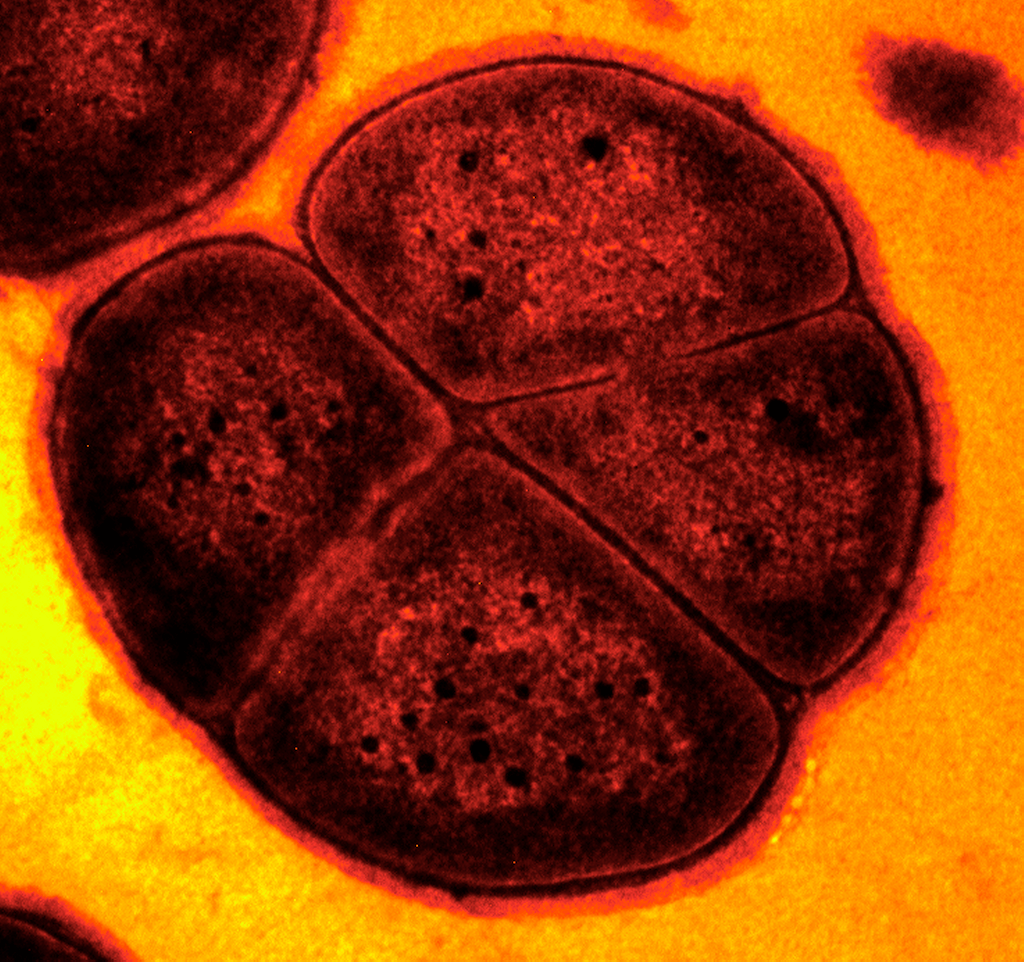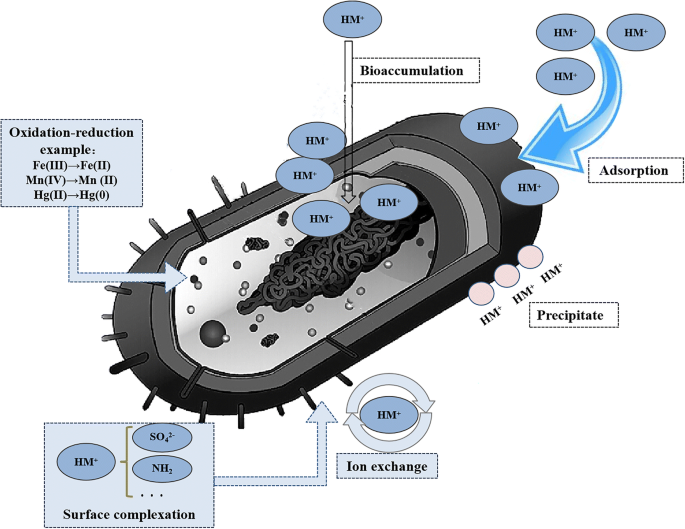Bacteria Found in Nuclear Reactors Could Be the Secret to Faster
Por um escritor misterioso
Descrição
The extremophile bacterium Deinococcus radiodurans was first discovered in 1956 at Oregon State University, where it was busy ruining a gamma ray experiment designed to sterilize a tin of ground meat. The “sterilized” meat spoiled, thanks to D. radiodurans and its preternatural durability in the face of radiation: The…

How Extremophile Bacteria Living In Nuclear Reactors Might Help Us

Radiation-Eating Bacteria: Deinococcus Radiodurans. - BioLabTests
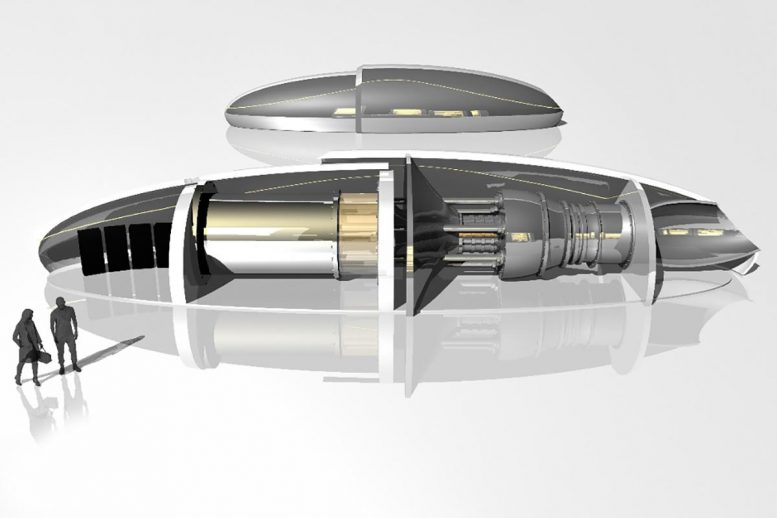
Nuclear Batteries” Offer a New Approach to Carbon-Free Energy
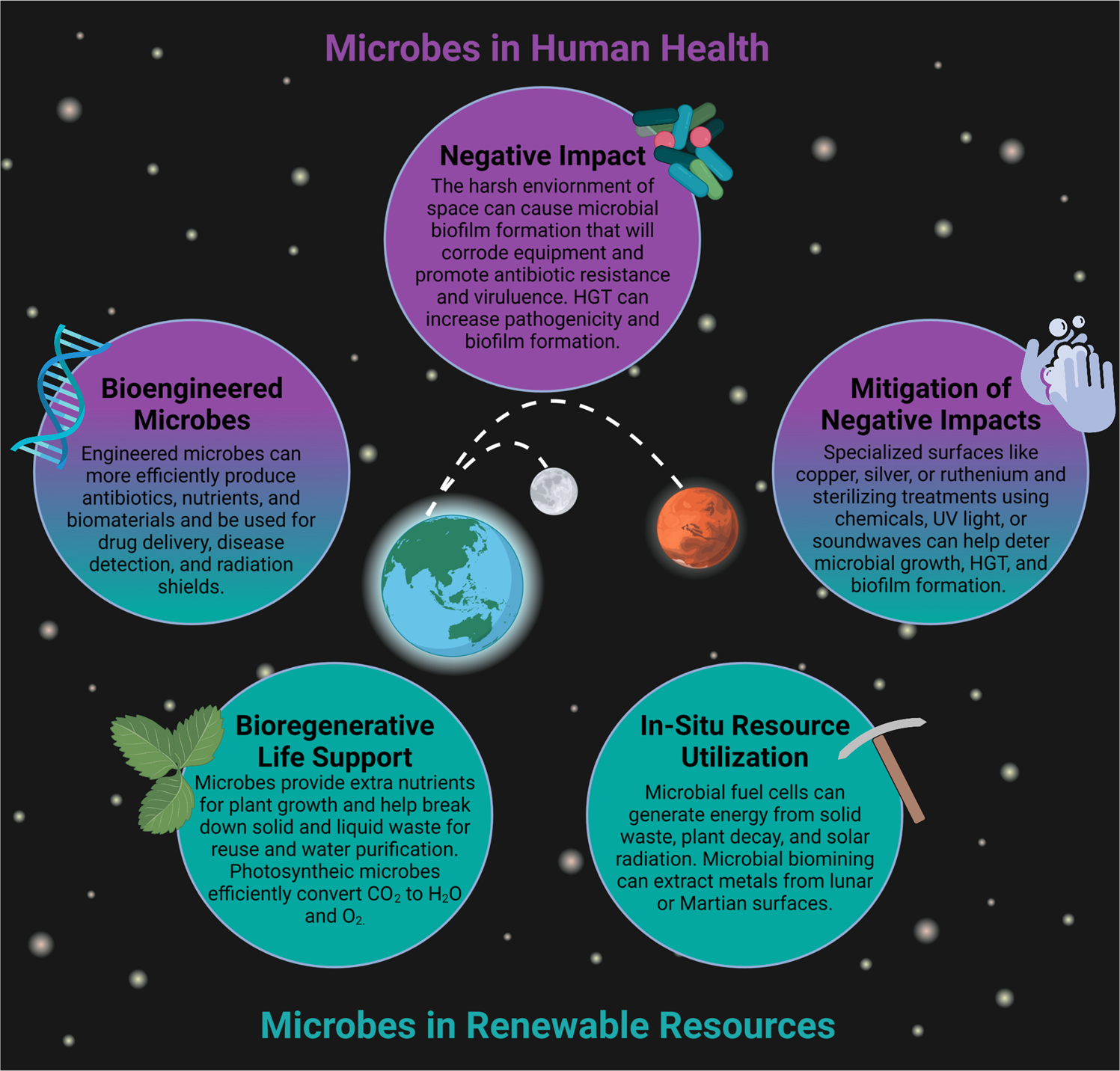
Microbial applications for sustainable space exploration beyond
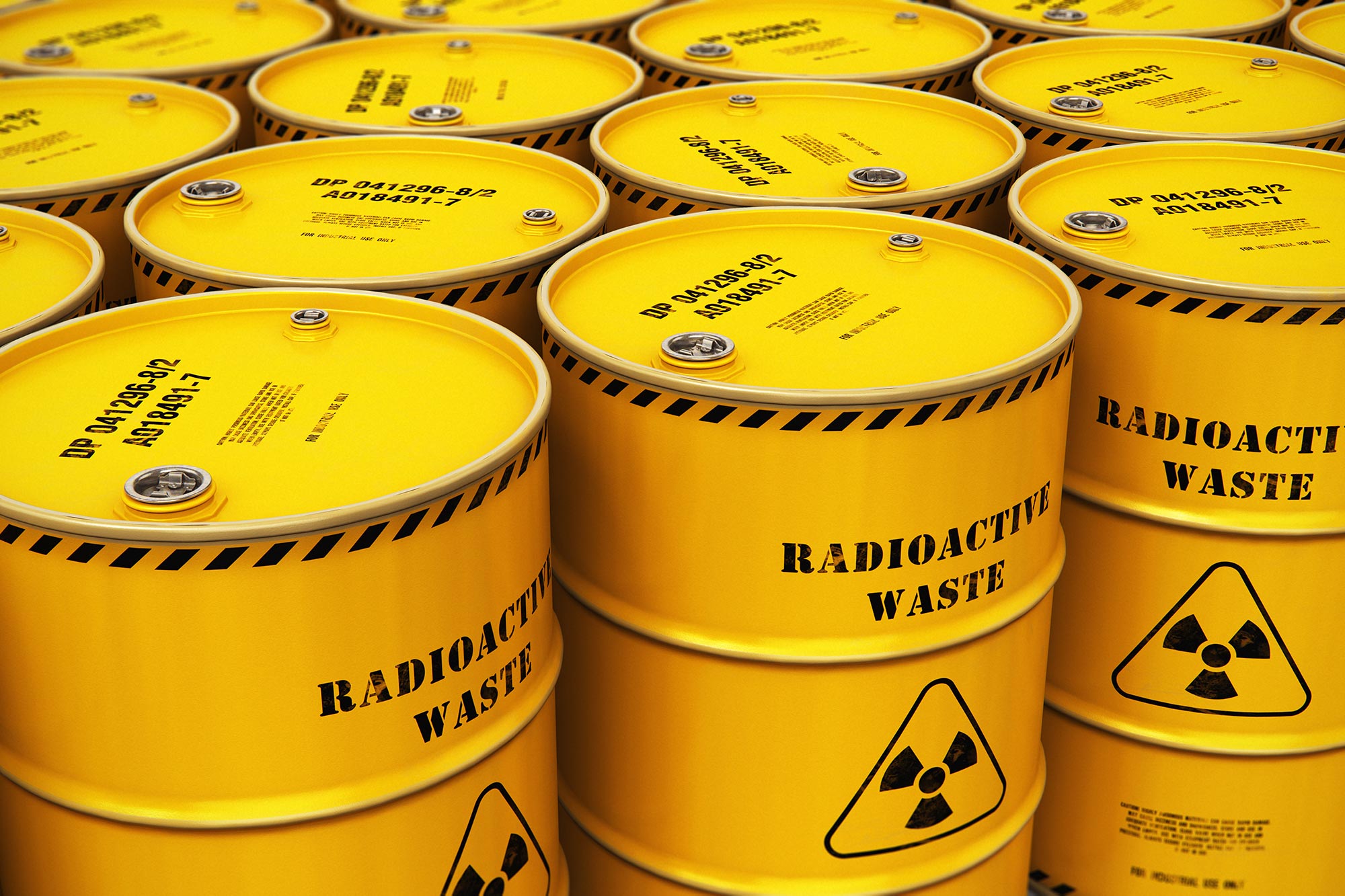
Chemists Have Found a Productive Use for Stockpiles of Nuclear Waste

This Two Billion Year-Old Natural Reactor May Hold The Key To Safe

Bacteria Found in Nuclear Reactors Could Be the Secret to Faster

Chernobyl: Plan for microbes to eat nuclear waste may have been
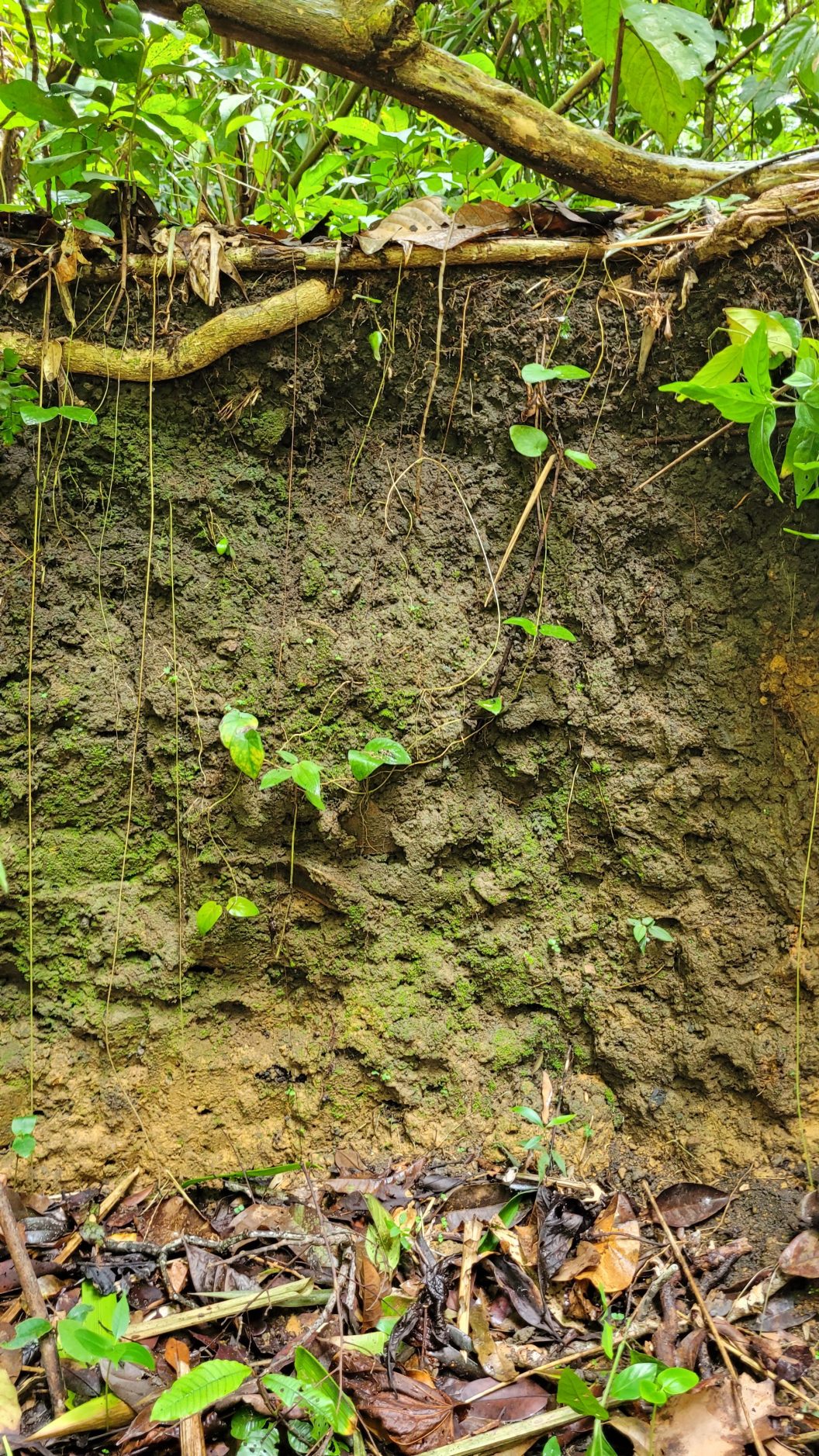
Secret behind ian 'dark earth' could help speed up forest
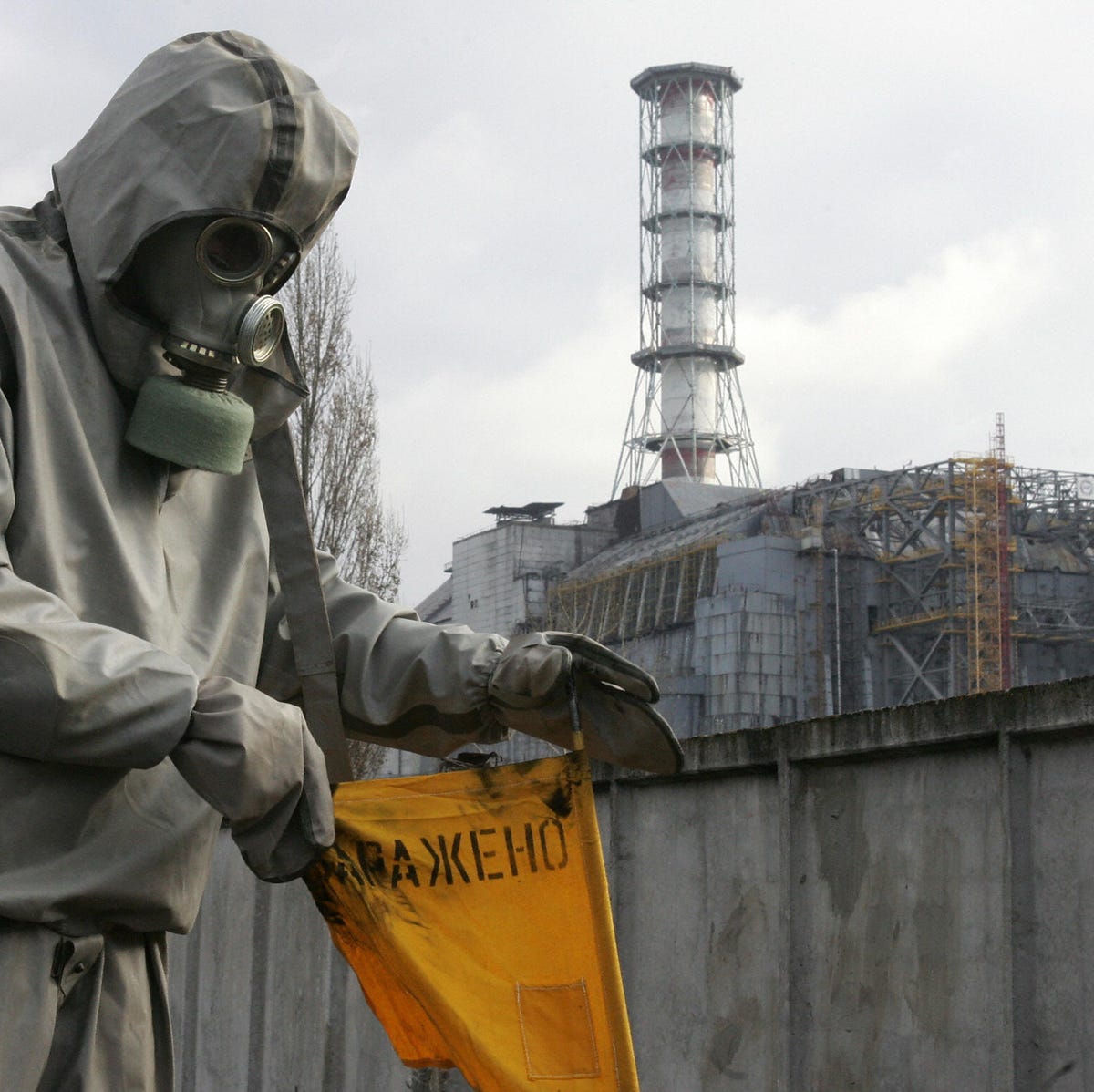
Chernobyl Disaster - Chernobyl Now - Extreme Fungus

Bacteria Overview, Characteristics & Infection - Video & Lesson
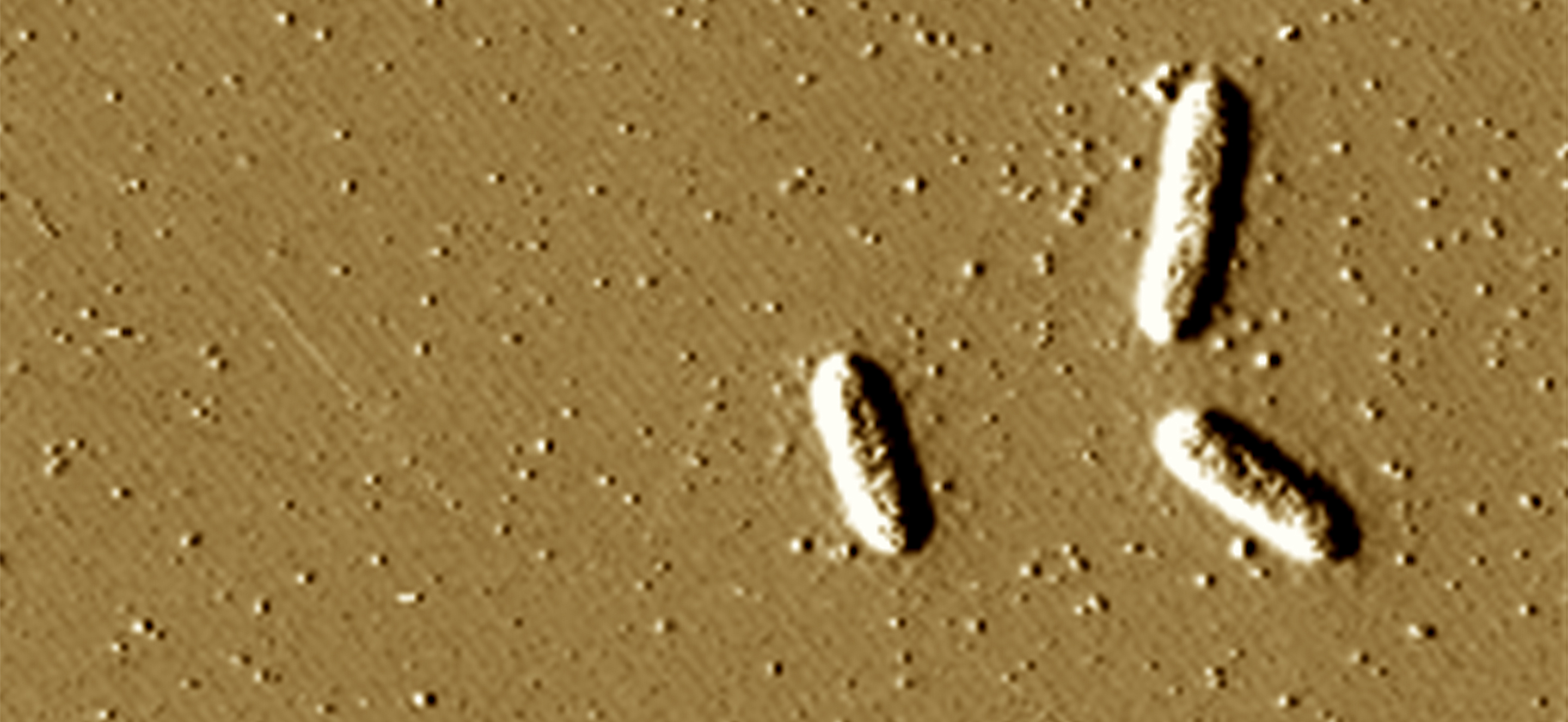
These bacteria clean up radioactive waste, MSUToday

This Two Billion Year-Old Natural Reactor May Hold The Key To Safe

We are just getting started': the plastic-eating bacteria that
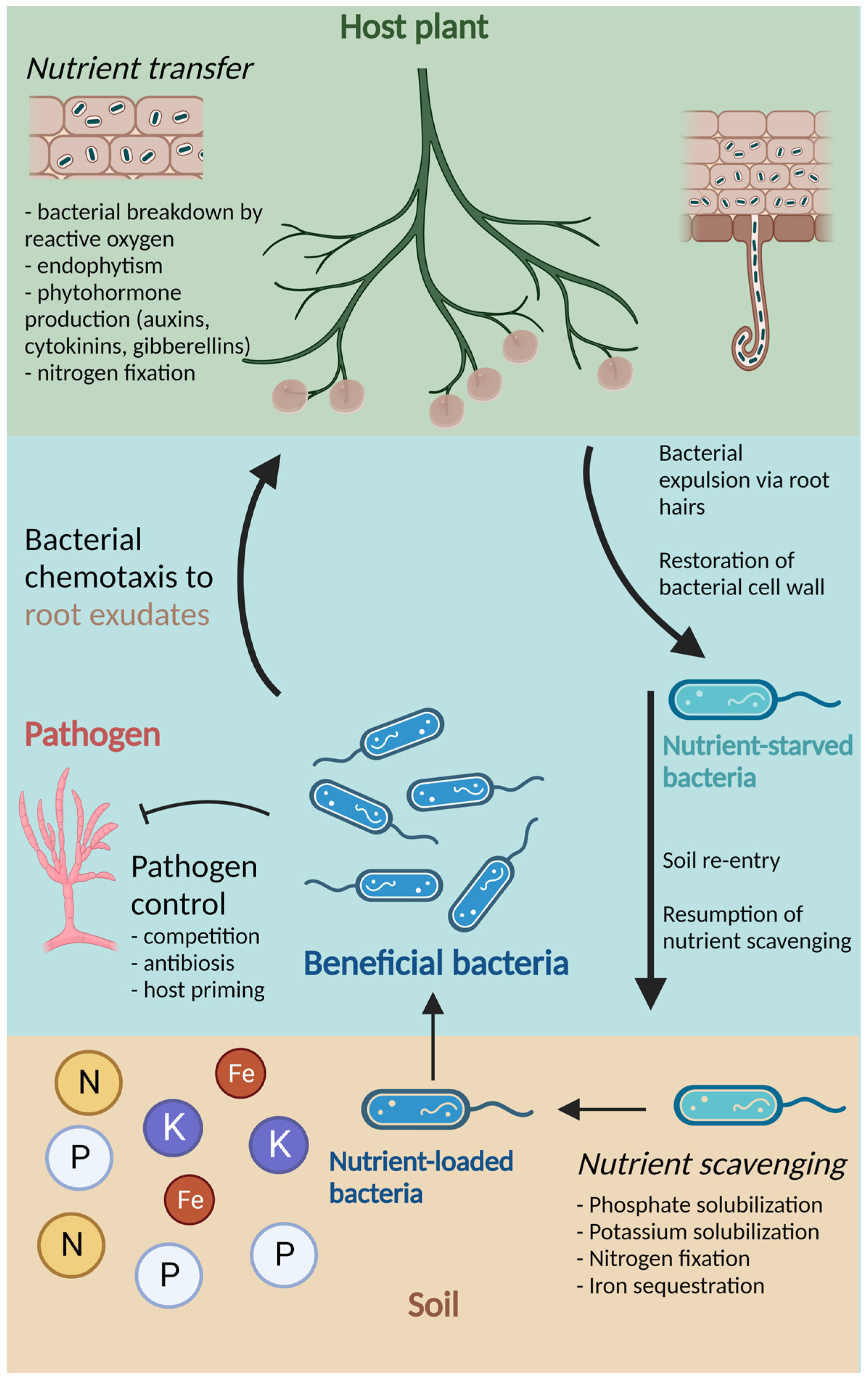
Plants, Free Full-Text
de
por adulto (o preço varia de acordo com o tamanho do grupo)
